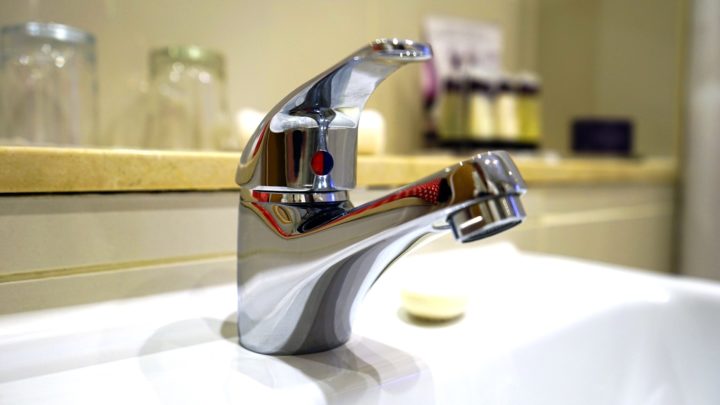The following contribution is from another author.
We often talk a lot about making a home more energy-efficient and that is all well and good. However, there’s another natural resource that we tend to overuse, one that’s much more important to our health and survival. Water scarcity is a real threat across the world and you can combat it by becoming a little more water-efficient for next summer.
Get a dishwasher instead
You might think that washing by hand would use less water than the high capacity dishwasher, but that’s far from the truth, actually. They are typically much more water-efficient, especially if you’re the kind of person to leave the tap running while washing up. Just make sure to check its energy-efficiency rating so you’re not sacrificing one type of efficiency for another. Thankfully, energy-saving dishwashers are becoming a lot more affordable.
Go with the low-flow
The largest sources of water consumption in the home are, on average, the toilet and the shower. As such, by making a few simple changes to these parts of the bathroom, we can cut down our water usage by a great deal. Low-flow toilets, taps, and showers limit the amount of water that is used at any one time while still making sure they provide enough to do the job, whether it’s flushing the toilet or giving you a good clean.
Make good use of that rainwater
When it comes to gardening, using water from your taps is by far the least efficient way to do it. You can make use of greywater (water that has been used for tasks such as washing your dishes), but this is fairly limited. Instead, you can keep your lawn green by harvesting and storing rainwater. With under deck tanks, you don’t need to use a lot of space for storage, either. This way, you can power hoses and sprinklers much more effectively.
Check any and all appliances in the kitchen
If you’re installing a new appliance in the kitchen, make sure that it reaches modern standards of water usage. Water-efficient washing machines are becoming increasingly more common and are often labelled as so. Be sure to only wash full loads in them and don’t use an extra rinse where possible.
Your habits matter, too
Sure, you can do plenty to prevent wastage of water through installations in the home, but you also have some control over how you use water. As mentioned, you can use greywater if you’re low on rainwater in your storage, for instance. You can also time yourself in showers to make sure you’re spending no more than two minutes there, and even opt for cold showers if you’re brave enough. If you’re washing dishes by hand, you can fill the sink up with water and use that to clean instead of keeping the tap running.
It might be a way’s away yet, but investing in water-efficiency now can make sure your home is ready to deal with the heatwave, make sure you’re in supply, but not waste too much water while you’re at it.
















